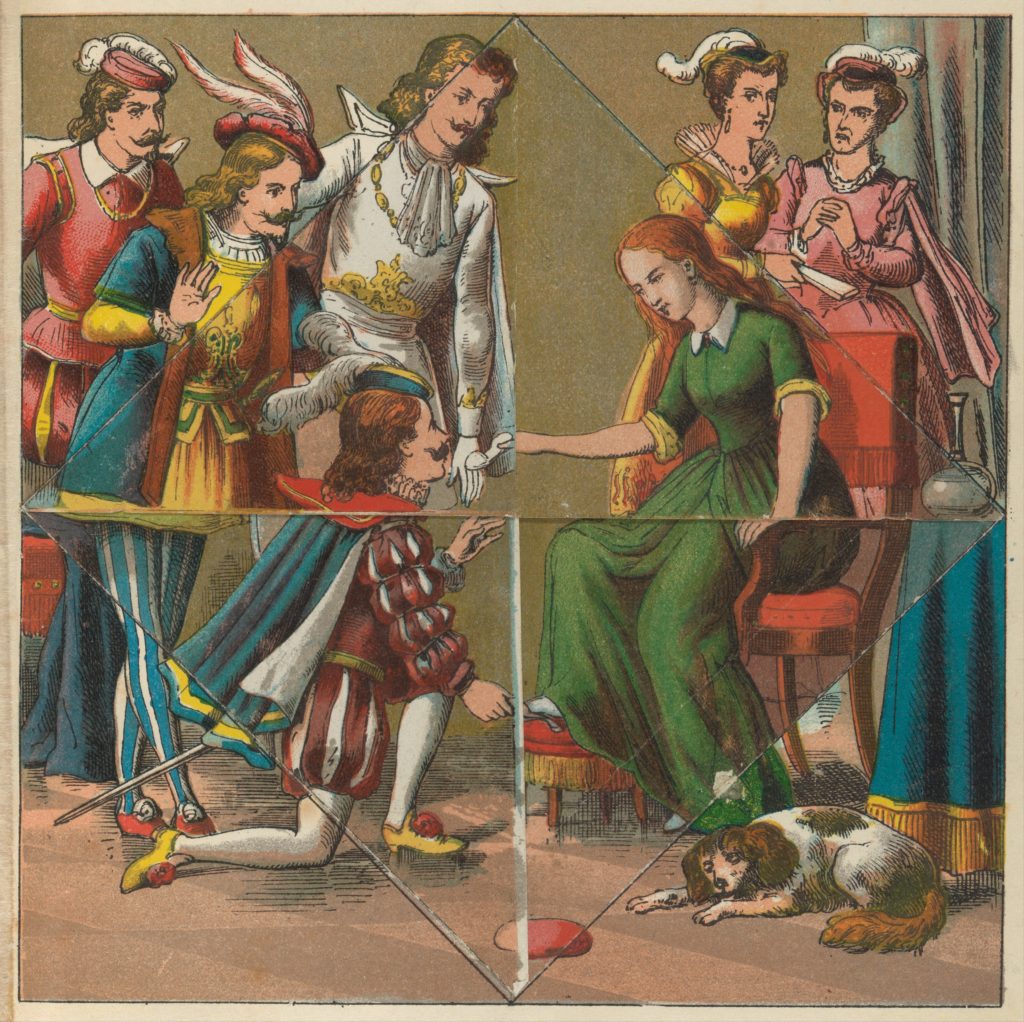
When we have something for a long time, we tend to take it for granted. When we take something for granted we, often times, don’t want it to change. Sometimes, we go so far as to fight change. Sometimes, we even lower ourselves to fighting bitterly and with disdain. We strive to keep the status quo because we are comfortable with it – even if change has the potential to deliver something better.
An unfortunate characteristic of most humans and many organizations. Perhaps it is something in our DNA focused on survival and yet the cost of such tendencies can be great. As George Bernard Shaw said, “Progress is impossible without change, and those who cannot change their minds cannot change anything.”
There are few, if any, major political contests today with completely “safe” incumbents anticipating certain victory. And while election rhetoric gets old with the near constant attempt to sway votes, it is good that anyone running for office has had to consider what changes they would enact to make things better. Whose better? It almost doesn’t matter.
If you’re stuck in the status quo do something differently today. Eat dessert before dinner. Take another route home from work. Go outside for a walk instead of watching television. Seek an opinion completely opposite of yours. If your organization is likewise stuck, face each competition by asking two questions:
- What problem are we trying to solve?
- How can we change?
If your organization is the incumbent contractor facing a competition, you are not likely to ask those two questions. Instead you ask, “What do we need to do to keep the contract?” All too often, that questions morphs into, “What do we need to do to prevent change?” The longer you’ve held a contract, the more likely you are to focus on preventing change, even the good kind.
If you find your organization in this situation, be the voice of progress. Step outside of the box of familiar and be a champion for change. Start each meeting by asking the right two questions above. End each meeting with the answers to those two questions.
When you embrace change, countless other possibilities present themselves. Is a bird in the hand always better than two in the bush? The answer depends on what you want from a bird.